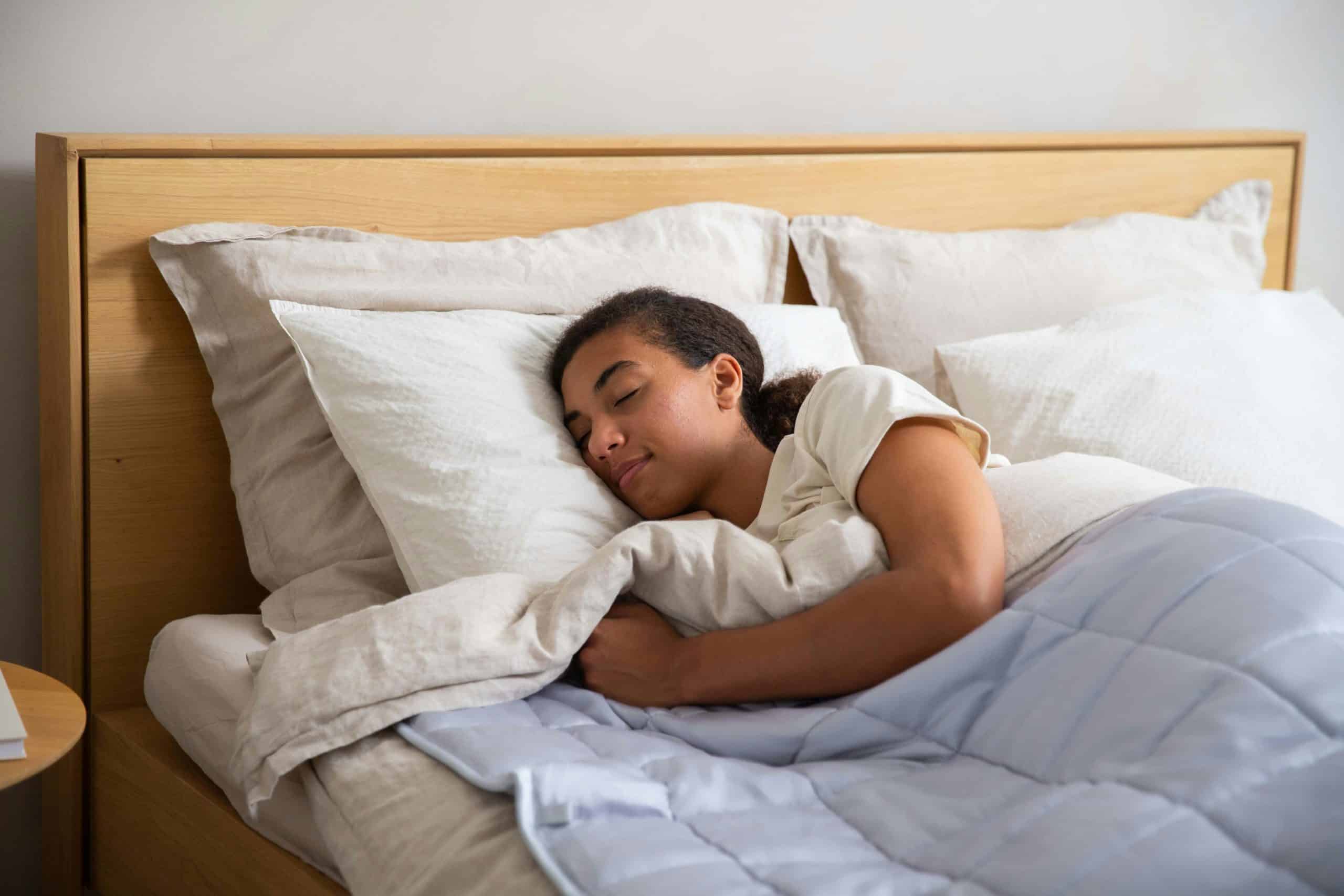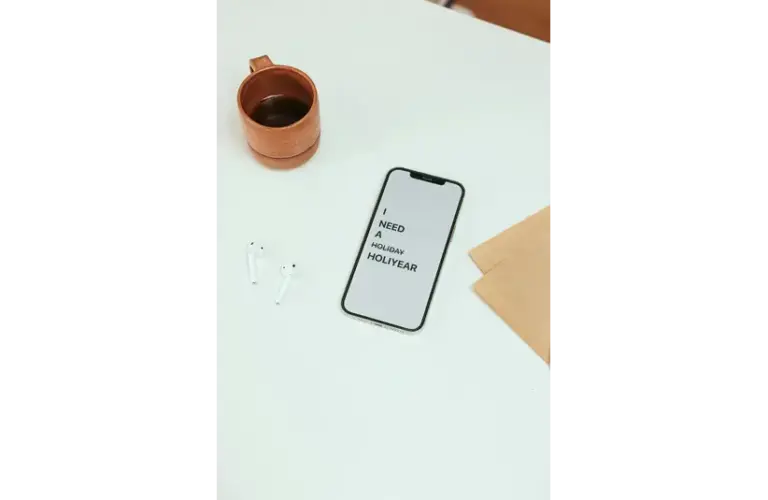From CBD to Chamomile: The Best Herbal Sleep Aids on the Market
Look, I’ll level with you. If you’re reading this at 2 AM while doom-scrolling because your brain won’t shut up, you’re not alone. Been there, done that, got the under-eye circles to prove it. The sleep struggle is real, and frankly, popping another ZZZQuil isn’t exactly what your doctor ordered for long-term use.
So here’s the deal: I’ve spent weeks testing herbal sleep aids I could get my hands on, from fancy CBD gummies to questionable mushroom chocolates (yes, that’s a thing now). Some worked like magic, others were about as effective as counting sheep on Red Bull. Here’s what actually helped me catch some Z’s without feeling like a zombie the next morning.
Why Herbal Sleep Aids Are Having a Moment
Let’s be honest – we’re all looking for alternatives to the pharmaceutical route. Traditional sleep meds can leave you feeling groggy, dependent, or worse. Herbal sleep aids offer a gentler approach, working with your body’s natural sleep cycles rather than knocking you out cold.
The science is still catching up, but ingredients like melatonin, chamomile, and CBD have shown real promise. Plus, you won’t wake up feeling like you got hit by a truck – always a win in my book.
The Heavy Hitters: CBD and CBN Products
CBDfx CBD and CBN Capsules
These little powerhouses pack a 1-to-1 ratio of CBD and CBN, plus some serious backup dancers like magnesium and valerian root. Fair warning: they smell like you raided a dispensary, but they work. I felt genuinely relaxed within an hour, followed by that sweet, sweet wave of sleepiness.
The downside? They’re not exactly small pills, so have water handy. But honestly, after years of battling insomnia, I’d swallow a golf ball if it meant getting eight hours of uninterrupted sleep.
Slumber Extra Strength CBN Gummies
These vanilla blueberry gems became my nightly obsession during testing. Fifteen milligrams of CBN per gummy might not sound like much, but it hits different. No melatonin, no extra fluff – just pure CBN doing its thing.
The flavor actually doesn’t suck (rare for sleep aids), and I was feeling cozy within 30 minutes. These tied for my favorite overall, and I kept reaching for them long after my official testing ended.
The Classics That Actually Work
Chamomile: Not Just Your Grandma’s Tea
Before you roll your eyes at another chamomile recommendation, hear me out. This isn’t about sipping weak tea and hoping for the best. Quality herbal sleep aids containing concentrated chamomile extracts pack way more punch than your average bedtime brew.
I tested several chamomile-based products, and while they won’t knock you unconscious, they create this genuinely calming effect that makes falling asleep feel… natural? Revolutionary concept, I know.
Som Sleep Powder Mix
This stuff surprised me. Mix one packet with water, and you get a berry-flavored drink that tastes like slightly watered-down Gatorade. The magic happens thanks to a combo of vitamin B6, magnesium, L-theanine, GABA, and 3mg of melatonin.
It took about an hour to kick in for me (not the promised 30 minutes), but when it did, I felt genuinely ready for bed without that artificial drowsiness. No morning grogginess either – just clean, natural sleepiness.
The Surprising Winners
Soaak Frequency App
Okay, I was skeptical. Sound frequency therapy? Really? But desperate times called for desperate measures, and this app actually works. The “Sleep Well” frequency sounds like a low tornado siren (not exactly soothing), but layer it with nature sounds or your usual white noise, and something magical happens.
At $30/month it’s pricey, but if you’re already using a white noise machine, this feels like an upgrade worth considering.
Alice Nightcap Mushroom Chocolate
Functional mushrooms in chocolate form? Sign me up for the weird wellness trend. These contain reishi mushrooms, chamomile, L-theanine, magnesium, and zinc. The idea is reishi helps regulate sleep patterns long-term while the other ingredients provide immediate relaxation.
The chocolate tastes legitimately good (shocking for a health product), and after a few nights of testing, I was sleeping through the night consistently. Just don’t expect instant knockout power – this is more slow and steady wins the race.
What About Traditional Options?
Melatonin Sprays and Oils
I tested several melatonin-based products, including Onnit’s oral spray in lavender and mint flavors. The direct absorption method works faster than pills, and the flavors don’t taste like medicine.
Here’s the thing about melatonin though – it’s not a sledgehammer. It’s more like a gentle nudge to your circadian rhythm. If you’re dealing with serious insomnia, you might need to double the recommended dose (like I did) or combine it with other ingredients.
Valerian Root Products
This traditional herbal sleep aid showed up in multiple products I tested, usually as a supporting player rather than the main event. The research on valerian is mixed, but combined with other ingredients, it seems to enhance the overall effect.
Just be prepared for the smell. Valerian has this earthy, slightly funky aroma that’s… an acquired taste.
The Bath and Body Game Changers
Flewd Insomnia Ending Bath Treatment
These aren’t your typical bath bombs – they look like Dippin’ Dots but contain magnesium, vitamins A and E, and L-carnitine. The scent is bright and citrusy rather than the usual lavender overload.
After soaking, my skin felt slightly oily but super hydrated, and I genuinely felt ready to collapse into bed. Sometimes the ritual of a relaxing bath is half the battle.
Lush Sleepy Collection
I went deep on Lush’s sleep products – sprays, lotions, shower gels, massage bars. The whole line has this sophisticated lavender scent that doesn’t smell like a gas station air freshener.
The massage bar was particularly genius – cut with grooves for texture, it contains chamomile and magnesium along with the lavender. Your skin ends up waxy and hydrated, and your bedroom smells like a high-end spa.
What Didn’t Make the Cut
Not everything worked miracles. Bach Rescue Sleep products, despite thousands of online reviews, did absolutely nothing for this chronic insomniac. Olly Sleep Gummies had moments of effectiveness but couldn’t keep me asleep consistently.
Regular chamomile tea? Pleasant but not particularly powerful. Sometimes the classics are classic for a reason – they’re mild and safe, but not necessarily effective for serious sleep issues.
The Bottom Line on Herbal Sleep Aids
Here’s what I learned after weeks of testing: herbal sleep aids work differently for everyone, and what knocks out your friend might barely make you yawn. The key is finding products that match your specific sleep challenges.
For falling asleep fast, CBD/CBN products delivered the most consistent results. For staying asleep, combination products with multiple ingredients worked better than single-ingredient solutions. And for overall sleep hygiene, the ritual aspects – relaxing baths, calming scents, bedtime routines – mattered more than I expected.
The best part? Unlike prescription sleep aids, most of these won’t leave you feeling like you’ve been hit by a truck the next morning. Your wallet might feel lighter (some of these aren’t cheap), but at least you’ll be alert enough to notice.






